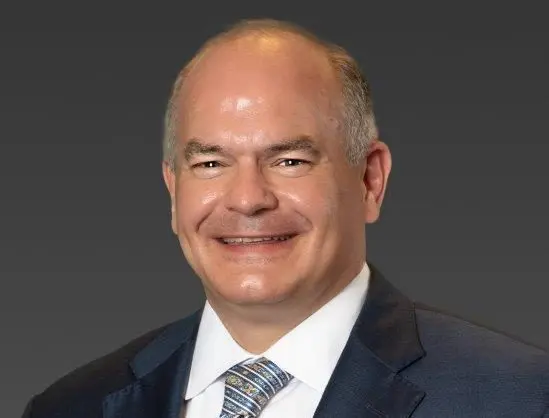It is a key value in Hispanic culture to protect and care for parents, grandparents, even aunts and uncles. It is no surprise to me that affluent Hispanic/Latino individuals are four times more likely than the general population to cite assisting aging parents as one of their most important financial goals. That is one finding of Merrill’s recent in-depth study, “Diverse Viewpoints: Exploring Wealth in the Hispanic/Latino Community.” In total, 8 million — or about 17% — of family caregivers in the U.S. are Hispanic/Latino, according to research from AARP.
“No one tells you that you have to take care of your parents. It is just what we do,” says Kenneth Correa, a managing director and market executive at Merrill, whose mother — now 71 — emigrated from South America as a young widow to raise her son alone.
“When you are taking care of your parents and your own kids, the margin of error is often small,” Correa adds. “That is why planning is critical, and the sooner you can start the better.” Working with an advisor, anyone who anticipates caring for elders as they age can begin to put a plan in place. Here are some steps you can take to get started:
Talk openly with family members
Bring your family members together to discuss how your parents or other aging family members want to be taken care of. Do it before anyone needs help, so that you can make thoughtful decisions, says Ben Storey, director of retirement thought leadership for Bank of America. Strongly encourage your parents to get a will and power of attorney if they do not already have one, as well as a health care and financial proxy to spell out who will make key medical and financial decisions if they can no longer do so themselves.
“And do not assume both parents have the same idea,” Storey says. “Hear everyone out and try to find common ground.” In addition to the legal documents, he suggests setting down in writing everyone’s shared responsibilities. Include a contingency plan in case the designated caregiver is not able to assume — or has to leave — the role.
Set savings goals and stick to them
“When you are focused on immediate financial needs, like caring for your parents, you can end up diverting funding from your future,” Storey notes. To help avoid that risk, you may want to set up two separate portfolios — one for your own retirement, one for your parents’.
Consider long-term housing needs
“Many Hispanic/Latino families prefer having elderly parents move in with them rather than entering a care facility. That can require a bigger house,” Storey notes, or elder-friendly renovations to an existing home. Your advisor can help you prepare for the costs.
Looking after elders can put a disproportionate burden on women, who often wind up shouldering the bulk of in-home care, notes Cynthia Hutchins, director of financial gerontology at Bank of America. “Women sometimes wind up cutting back on work in order to manage elder care, which can affect their ability to advance in their career and save for retirement,” she notes. One answer for both men and women managing caregiving needs is hiring in-home help, but that can be expensive.
To make in-home care more affordable, consider pooling your resources. Having siblings or cousins contribute a set amount to a joint account every month can help. It can also save the designated bill-payer from having to go to everybody for a handout every time an invoice comes in.
While some families choose to have older relatives under the same roof, others may prefer providing them with a nearby house or apartment. That gives the parents a measure of independence while making it easier for you to help when needed. Make sure older relatives have a chance to express their preference.
Treasure all the special moments
Remember to treasure the special moments that happen when aging family members are an integral part of your life. When I think about Hispanic/Latino families, I think about the weekly ritual many have maintained for generations: Sunday lunch at the parents’ or grandparents’ house. It is a noisy gathering that includes siblings, everyone’s kids, aunts, uncles, cousins and so on. It is also a deeply reassuring tradition and one that generally does not end when one generation gets too old to host it. It simply shifts to someone else’s home.
Taking care of elders as they age is a continuation of that tradition in our culture. As Correa puts it, “Being able to help your elders is not just an obligation but a joy.”
For more information, contact Merrill Lynch Financial Advisor Jeffery D. Price of Price & Associates office at jeffery_price@ml.com or 817-410-4940.

















